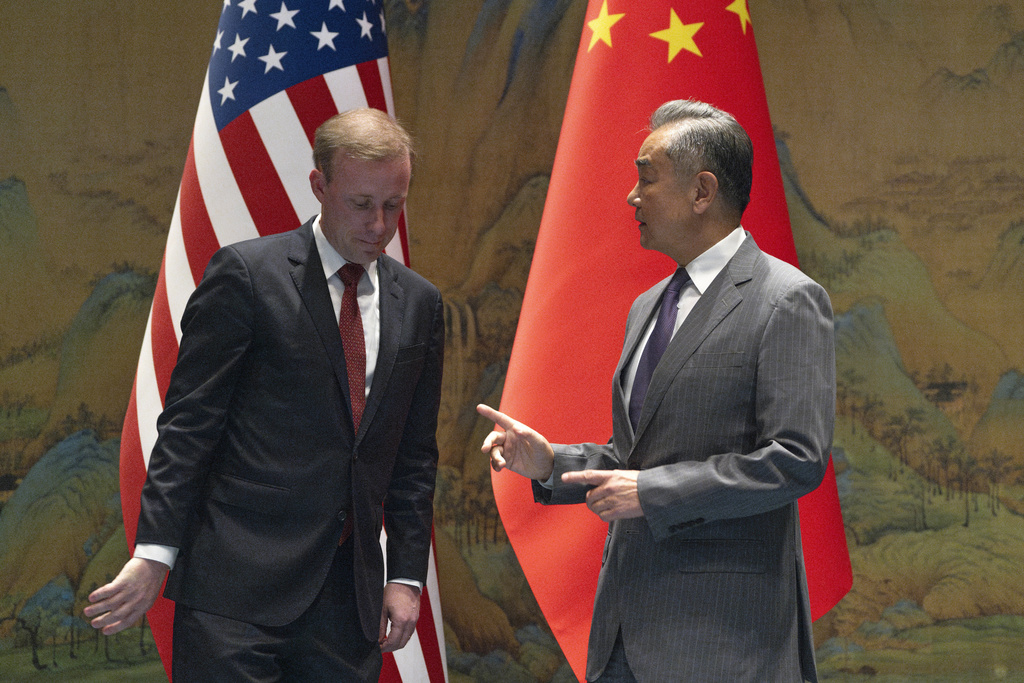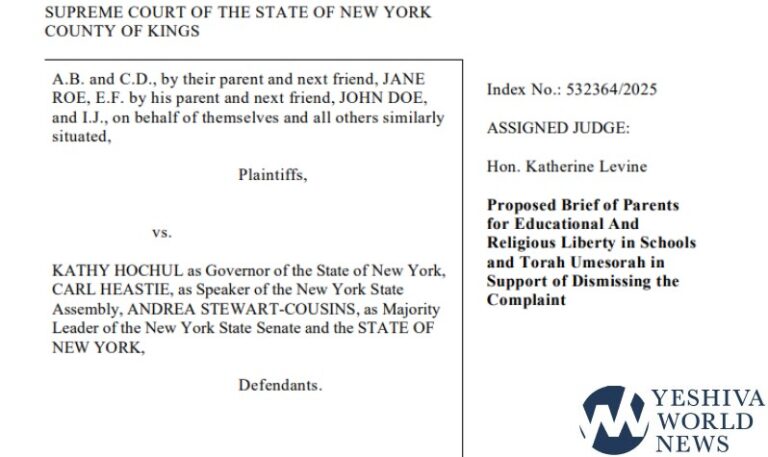Beijing and Washington will plan for a phone call in the coming weeks between Chinese President Xi Jinping and U.S. President Joe Biden, the White House said Wednesday after National Security Advisor Jake Sullivan met Chinese Foreign Minister Wang Yi in Beijing.
Sullivan’s first trip to China as national security advisor was aimed at keeping high-level communications open and stabilizing bilateral relations to avoid conflict.
The White House statement said both sides would keep lines of communication open, including planning for a “leader-level call” in the coming weeks.
There was no indication the two leaders might meet in person before Biden leaves the Oval Office.
The White House said the two sides also planned to hold a military theater commander telephone call in the near future.
China has rapidly expanded its military, and there are concerns that Taiwan and the South China Sea are becoming flashpoints.
Wang told Sullivan that Taiwan’s independence poses the greatest threat to stability in the immediate region. He demanded that the U.S. “stop arming the island but support China’s peaceful unification,” according to a statement released by the Chinese Foreign Ministry.
Taiwan, a self-governing island democracy that split from authoritarian communist China in 1949, has rejected Beijing’s demands that it accept unification with the mainland by peace or by force. The U.S. is obligated under a domestic law to provide the island with sufficient hardware and technology to deter invasion.
The White House statement said Sullivan “underscored the importance of maintaining peace and stability across the Taiwan Strait.”
Beijing also warned Washington “not to support or indulge the Philippines to infringe” upon China’s rights and interests in the South China Sea. China and the Philippines have clashed over the Second Thomas Shoal and lately the Sabina Shoal.
The U.S. military has pushed back against China’s claim to virtually the entire South China Sea, saying this week it would be open to consultations about escorting Philippine ships in the disputed sea amid a spike in hostilities between Beijing and Manila on the issue.
The White House said Sullivan reaffirmed the U.S. commitment to defending its Indo-Pacific allies and expressed concern about Beijing’s destabilizing actions against “lawful Philippine maritime operations” in the South China Sea.
The Philippines has called for the Association of Southeast Asian Nations to do more. The 10-nation Southeast Asian bloc includes the Philippines, Vietnam, Malaysia and Brunei, which have South China Sea claims that overlap with each other as well as China’s and Taiwan’s.
The U.S. has shifted its policy with China from engagement to competition. The Biden administration has made it a priority to prevent the competition from spiraling out of control, while seeking to collaborate with China in areas such as climate change, artificial intelligence and enforcement against illicit drugs.
John Podesta, the senior advisor to the president for international climate policy, will travel to China, and Sullivan and Wang discussed “next steps to reduce the flow of illicit synthetic drugs” and “continue repatriation of undocumented migrants,” the White House said.
The U.S. Border Patrol in July made 1,851 arrests of Chinese immigrants on the border with Mexico, down from the December high of 5,951.
The two sides also agreed to hold a second round of dialogue over artificial intelligence, the Chinese foreign ministry said.
Sullivan raised continued concerns about China’s trade policies and non-market economic practices, the White House said.
Wang demanded the U.S. “stop suppressing China in the areas of trade, economic and technology,” the Chinese foreign ministry said.
By resorting to protectionism, the U.S. would only “hurt the global green development and affect the global economic growth,” Wang told Sullivan.
(AP)











